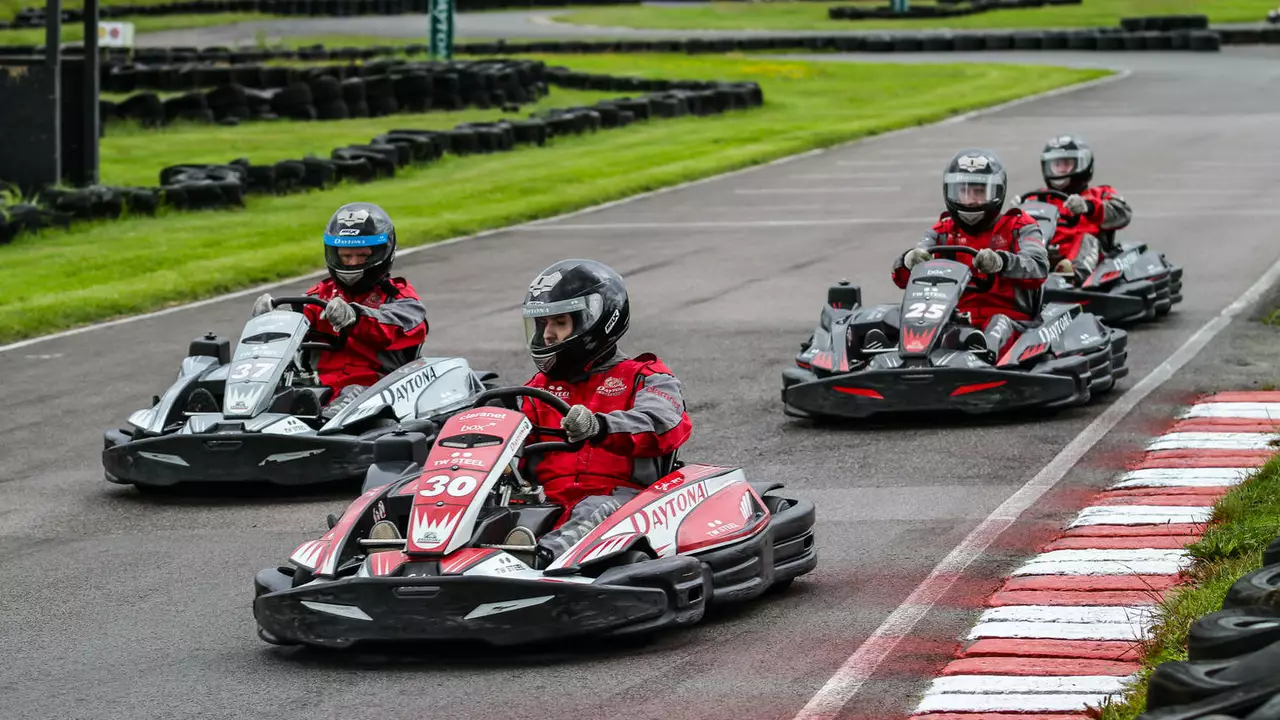Motorsports Career: Your Roadmap to the Track and the Workplace
If you’ve ever felt the rush of a race car’s roar, you know the pull of a motorsports career. It isn’t just about speed; it’s about skill, networking, and a clear plan. Below you’ll find the essential steps to turn that passion into a paycheck, whether you aim to be behind the wheel or behind the scenes.
Start as a Driver – Training and First Steps
The first question is usually, “Do I need a racing license?” Absolutely. Most series require a valid license, and the cheapest way to get one is through a local karting club or a beginner’s driver school. These programs teach you basic car control, braking zones, and race etiquette without breaking the bank.
Once you have the license, look for entry‑level series such as Formula 4, club racing, or even autocross events. They’re cheaper than professional championships and give you real track time. Keep a log of every lap, every mistake, and every improvement – teams love data.
Simulators are another cheap shortcut. A decent home rig can mimic the feel of a real car and let you practice tracks you’ll never drive in person. Many talent scouts watch the top sim leagues for fresh names, so treat it like a real competition.
Networking matters just as much as seat time. Attend race weekends, talk to engineers, and volunteer at events. Offer to be a crew member for a local team; you’ll learn the mechanics, the pit stop rhythm, and you’ll meet people who can hand you a ride when a seat opens.
Beyond the Cockpit – Jobs in the Motorsport Industry
Not everyone ends up driving, and the industry needs thousands of other talents. If you love cars but prefer a desk or a shop, consider roles like aerodynamicist, data analyst, or race engineer. Most of these positions require a degree in mechanical, electrical, or software engineering, but internships are a common entry point.
Start by targeting teams that run junior programs – they often have apprenticeship schemes. Even a short stint in a pit lane, fueling a car or changing tires, gives you insight into the fast‑paced environment and shows you understand the pressure.
Marketing, media, and event management are also hot areas. Motorsport brands need content, social media managers, and event coordinators to keep fans engaged. A portfolio of race‑related projects, blog posts, or video edits can land you a role faster than a generic résumé.
Finally, think about staying adaptable. Technology changes fast – electric racing series like Formula E are growing, and skills in battery management or software control are becoming as valuable as traditional engine know‑how.
Bottom line: a motorsports career isn’t a straight line. Combine formal training, hands‑on experience, and a network of contacts, and you’ll create multiple pathways to the track or the pit lane. Keep learning, keep racing, and keep showing up – the industry rewards those who prove they can work as hard as they dream.

28
Jul
Alright, folks buckle up, because after I've aced my days of zooming around in karts, it's time for a turbo-charged leap into the big leagues of motorsports! No more child's play, we're kicking it up a notch and moving into formula racing - think of it as karting's wilder, beefier cousin. It's a thrilling cocktail of speed, adrenaline and more horsepower than you can shake a stick at! So, hold onto your helmets, because this next chapter is all about mastering new racing techniques, wrangling bigger machines, and making a name in the high-stakes world of professional racing. Keep your engines running, because this ride just got a whole lot bumpier!
Read More
